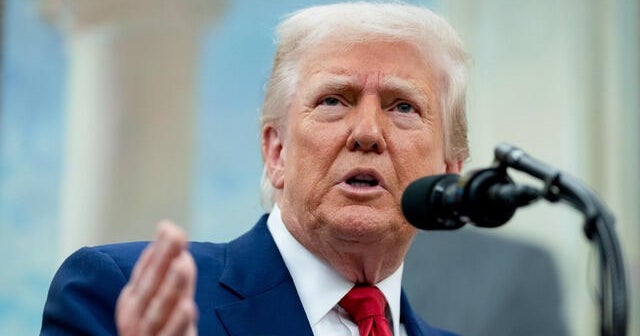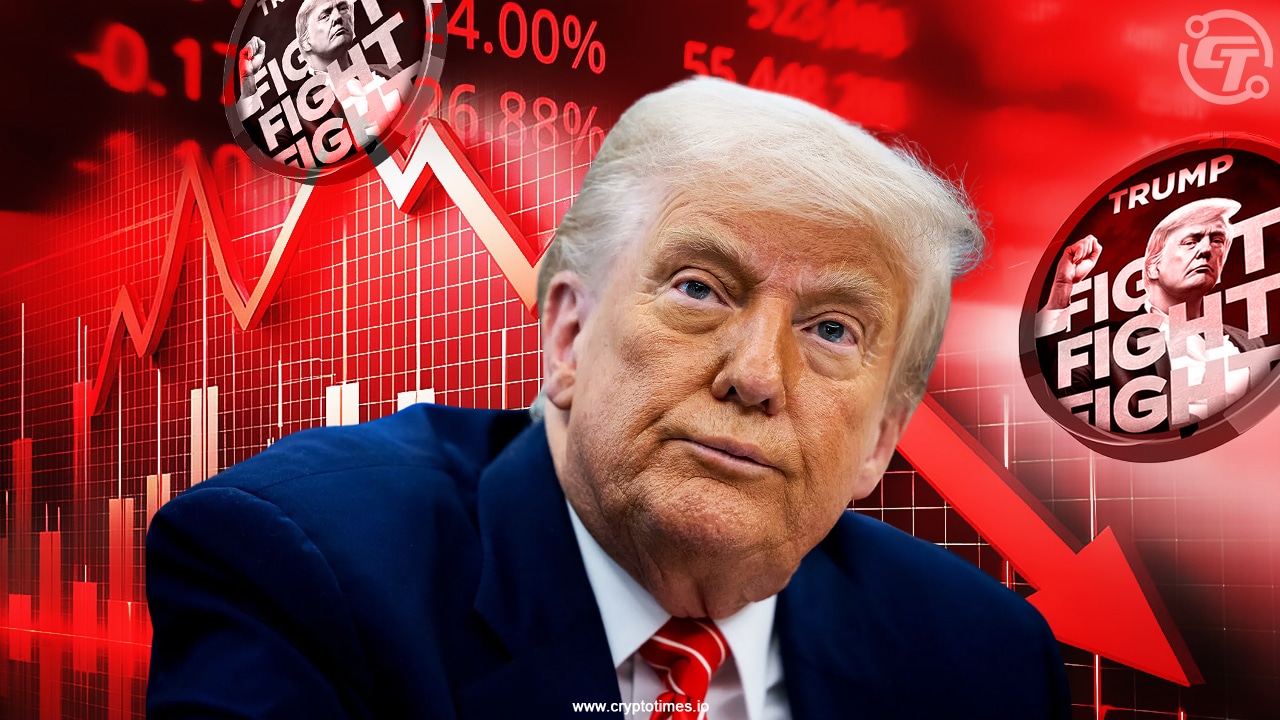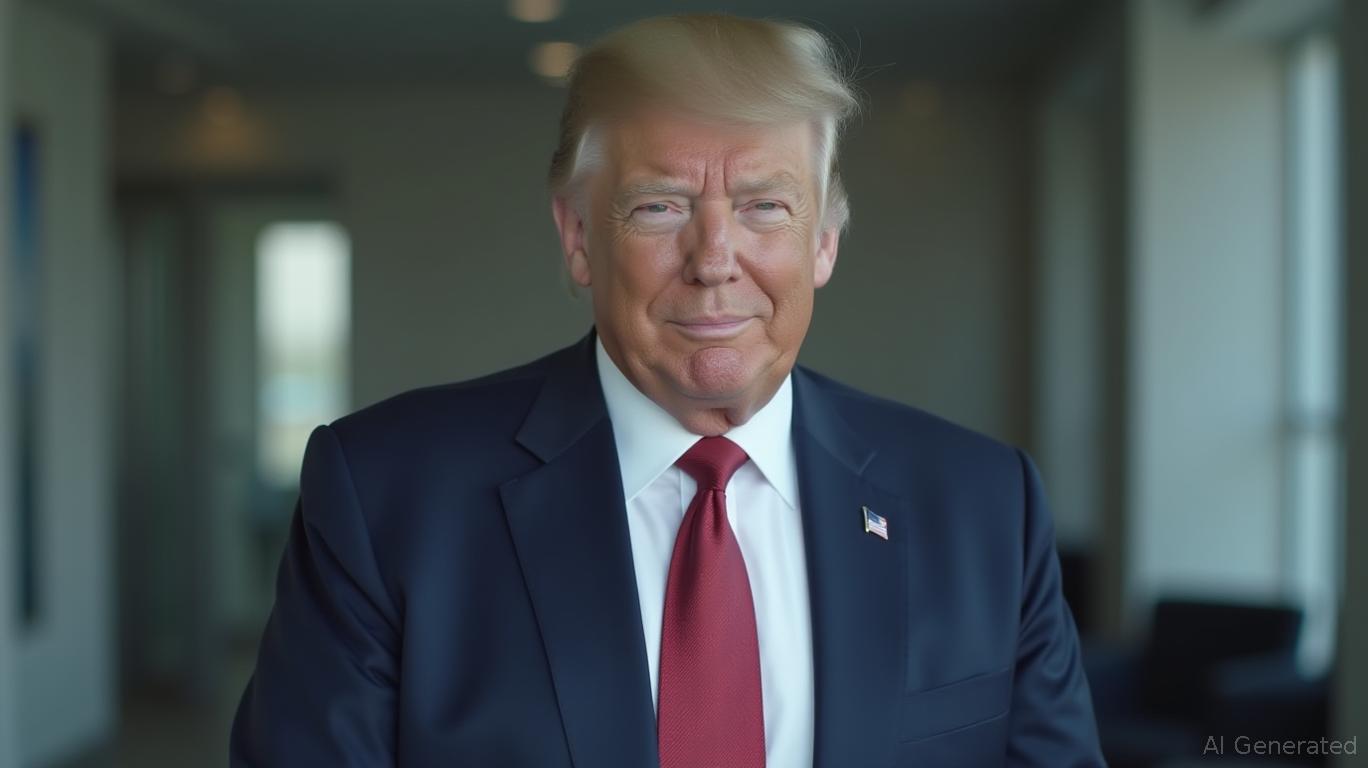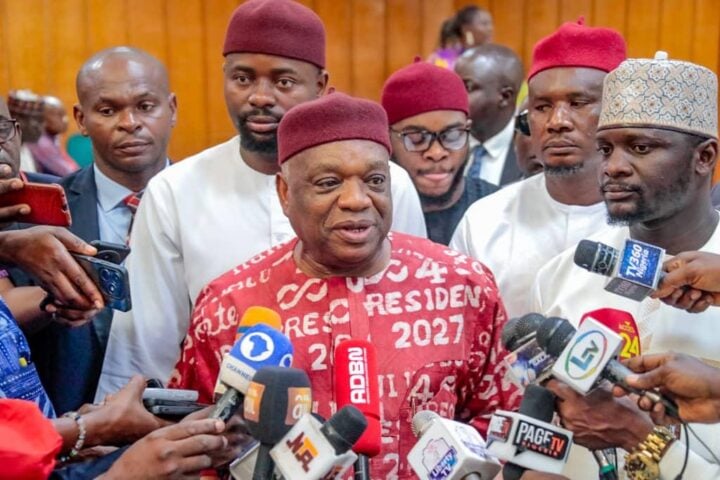US Court Blocks Trump's 'Liberation Day' Tariffs, Rules Them Illegal

A significant legal setback struck President Donald Trump's trade agenda on Wednesday, May 28, 2025, as the U.S. Court of International Trade, based in New York City, ruled that many of the large-scale tariffs imposed during his second term are illegal. The court found that President Trump exceeded his legal authority in implementing these levies, ordering a halt to the sweeping tariffs that have been a cornerstone of his economic policy.
The ruling, issued by a three-judge panel, specifically targeted the "Liberation Day" tariffs – a 10% charge on goods from virtually every U.S. trading partner – and separate tariffs imposed on China, Mexico, and Canada. The administration had justified these latter tariffs by citing concerns over drug trafficking and illegal immigration. The court mandated that these tariffs must be removed within ten days of the ruling.
At the heart of the decision was the court's interpretation of the International Emergency Economic Powers Act of 1977 (IEEPA), the primary legal basis cited by the Trump administration. The judges unanimously concluded that IEEPA does not grant the president "unbounded tariff authority." They argued that if Congress had intended to delegate such sweeping power, the statute itself would likely violate the U.S. Constitution's separation of powers, as Congress cannot simply give away its full authority over tariffs. The court emphasized that Congress must lay down an "intelligible principle" to guide the president's use of delegated authority, a standard not met by the administration's broad interpretation of IEEPA.
The panel, which notably included judges appointed by former Presidents Ronald Reagan and Barack Obama, as well as one by President Trump himself during his first term (Judge Timothy Reif), addressed the administration's specific justifications. Regarding the claim that tariffs were necessary to combat the nation's trade deficit, the court pointed to Section 122 of the Trade Act of 1974. This existing law allows for tariffs in response to trade deficits but limits them to 15% or lower and for a maximum duration of 150 days. The court suggested that if President Trump wished to address trade deficits via tariffs, he must operate within these constraints. Furthermore, the court found that the tariffs aimed at pressuring Mexico and Canada on drug trafficking and immigration did not legally "deal with" the cited emergencies as required by IEEPA, dismissing the argument that economic pressure to change domestic policies met the statutory definition.
It is important to note that the ruling does not affect all of Trump's tariffs. Levies imposed under different legal frameworks, such as Section 201 (safeguard tariffs on items like solar panels and washing machines), Section 232 (national security tariffs on steel and aluminum, and potentially automobiles), and most Section 301 tariffs against China (for unfair trade practices like intellectual property theft), remain in place as they were not challenged under IEEPA in these consolidated cases.
The lawsuits leading to this decision were filed by a diverse group, including U.S. importers, various businesses claiming harm from the tariffs (including one suit brought by the nonprofit Liberty Justice Center), and twelve states arguing the tariffs would negatively impact their ability to provide public services. The court issued a permanent nationwide injunction against the invalidated tariffs, citing the constitutional requirement that "all Duties, Imposts and Excises shall be uniform throughout the United States."
The White House response was critical. Spokesperson Kush Desai stated that trade deficits have "created a national emergency" and that "it is not for unelected judges to decide how to properly address a national emergency." The Trump administration immediately signaled its intention to appeal the decision to the U.S. Court of Appeals for the Federal Circuit, with the possibility of the case eventually reaching the Supreme Court. Senior adviser Stephen Miller reportedly called the decision a "judicial coup."
Despite the administration's defiance, financial markets reacted positively to the news, with stock futures rising on the prospect of reduced trade friction. The ruling is widely seen as a significant challenge to President Trump's aggressive trade strategies and a reassertion of limitations on executive power in matters of international trade. The outcome of the appeal process will be closely watched by global markets and constitutional scholars alike, as it could set a major precedent for presidential authority in economic policy.











